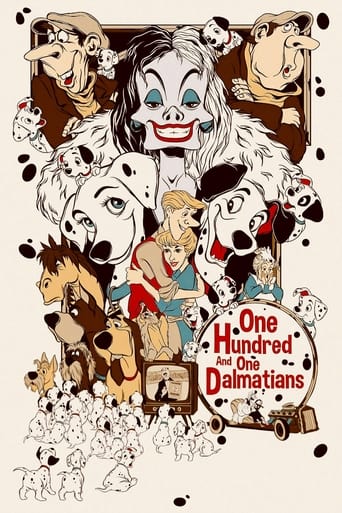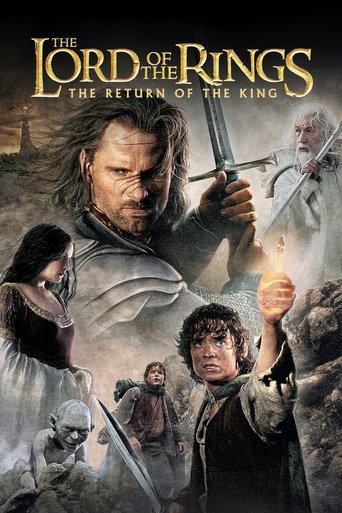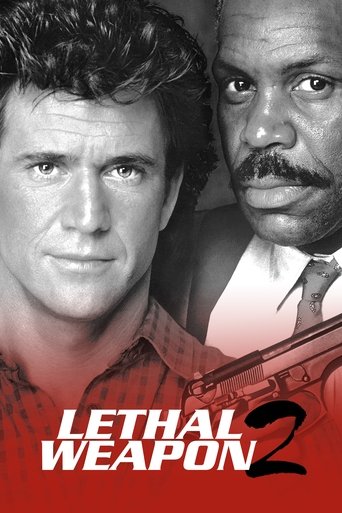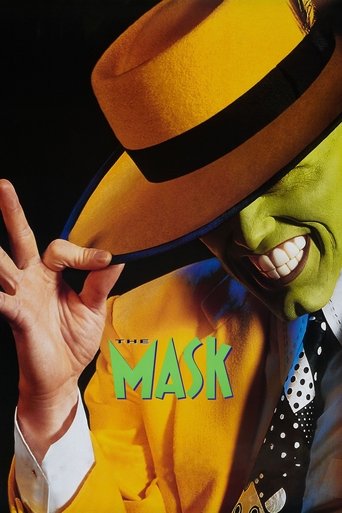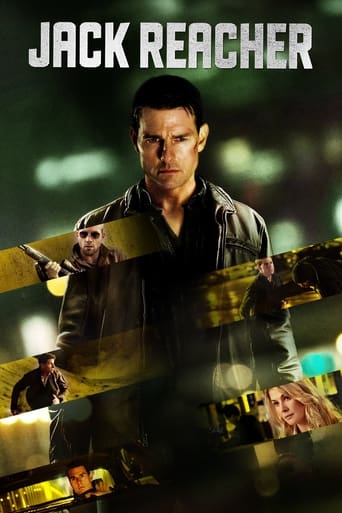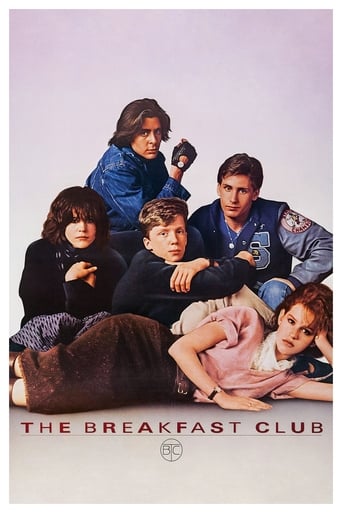Stand Up and Cheer!
President Franklin Roosevelt appoints a theatrical producer as the new Secretary of Amusement in order to cheer up an American public still suffering through the Depression. The new secretary soon runs afoul of political lobbyists out to destroy his department.
Cast
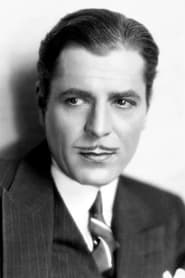
Warner Baxter
Lawrence Cromwell

Madge Evans
Mary Adams

James Dunn
Jimmy Dugan

Sylvia Froos
Sylvia Froos
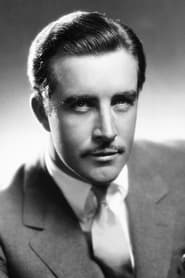
John Boles
John Boles

Arthur Byron
John Harly

Shirley Temple
Shirley Dugan

Ralph Morgan
Secretary to President

Frank Mitchell
Senator Danforth
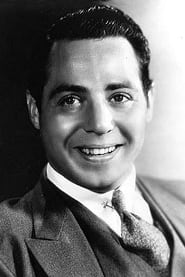
Jack Durant
Senator Short
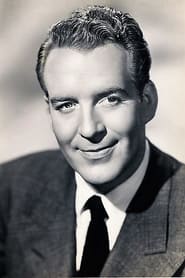
Dick Foran
Nick Foran
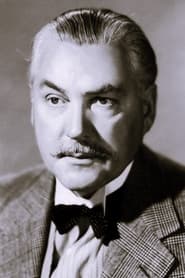
Nigel Bruce
Eustis Dinwiddle
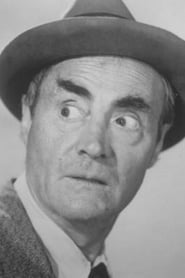
John 'Skins' Miller
Hill-Billy
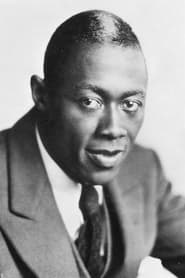
Stepin Fetchit
Stepin Fetchit

Lynn Bari
White House Secretary / Chorine (uncredited)

Scotty Beckett
Boy Auditioning for Miss Adams (uncredited)

Shirley Deane
Dancer

Beatrice Hagen
Dancer

Lucille Miller
Dancer

Jean Rogers
Dancer
More Like This
Reviews
CinemaSerf
This starts off quite promisingly, with a bumbling 'Dinwiddle" (Nigel Bruce) explaining to awaiting reporters just what his job as chief scout for Broadway impresario "Cromwell" (Warner Baxter) actually is. Then, right on cue, his boss arrives by gyro-copter on the White House lawn for a meeting at which the President offers him a $100m budget and one year as "Secretary of Amusement". His task? Cheer up the American populace after the misery of the 1920s. He quickly assembles his own cabinet - including "Mary" (Madge Evans) as his minister for children and sets about making us all smile. Sadly, Baxter and Evans - and their predictably evolving affection - feature but sparingly in what is essentially a compendium of just about every style entertainment act around at the time. An early outing for the smiling Shirley Temple is probably most notable, but even she struggles to breath much life into this almost documentary style film that could serve well as an history of what made Americans laugh in the early thirties. Some of the artistes work better than others, but a weak, occasionally politically driven, narrative and an off-form effort from what we do see of Baxter just doesn't really work. It watchable as a nostalgia exercise, but as little else I'm afraid.
You've reached the end.


